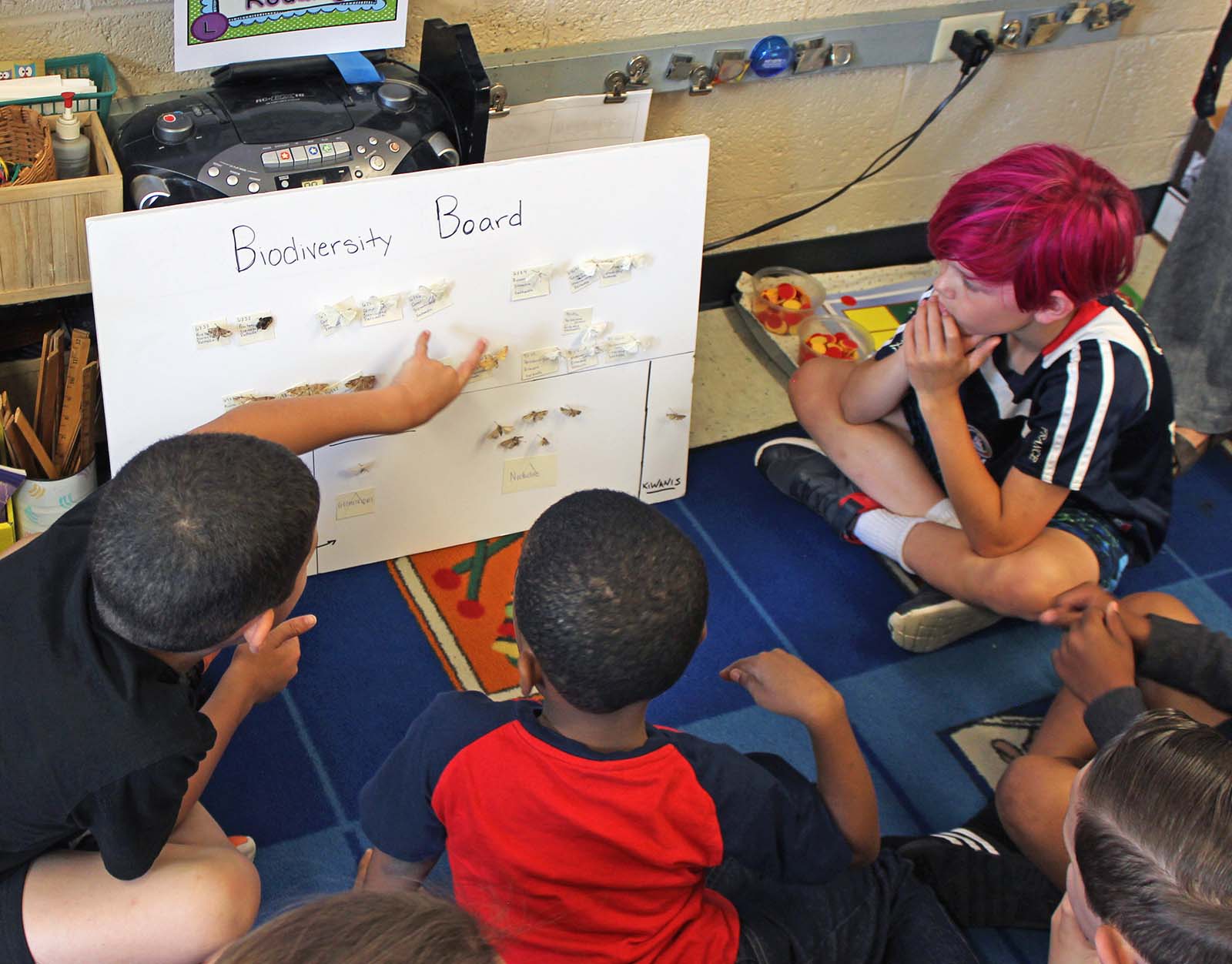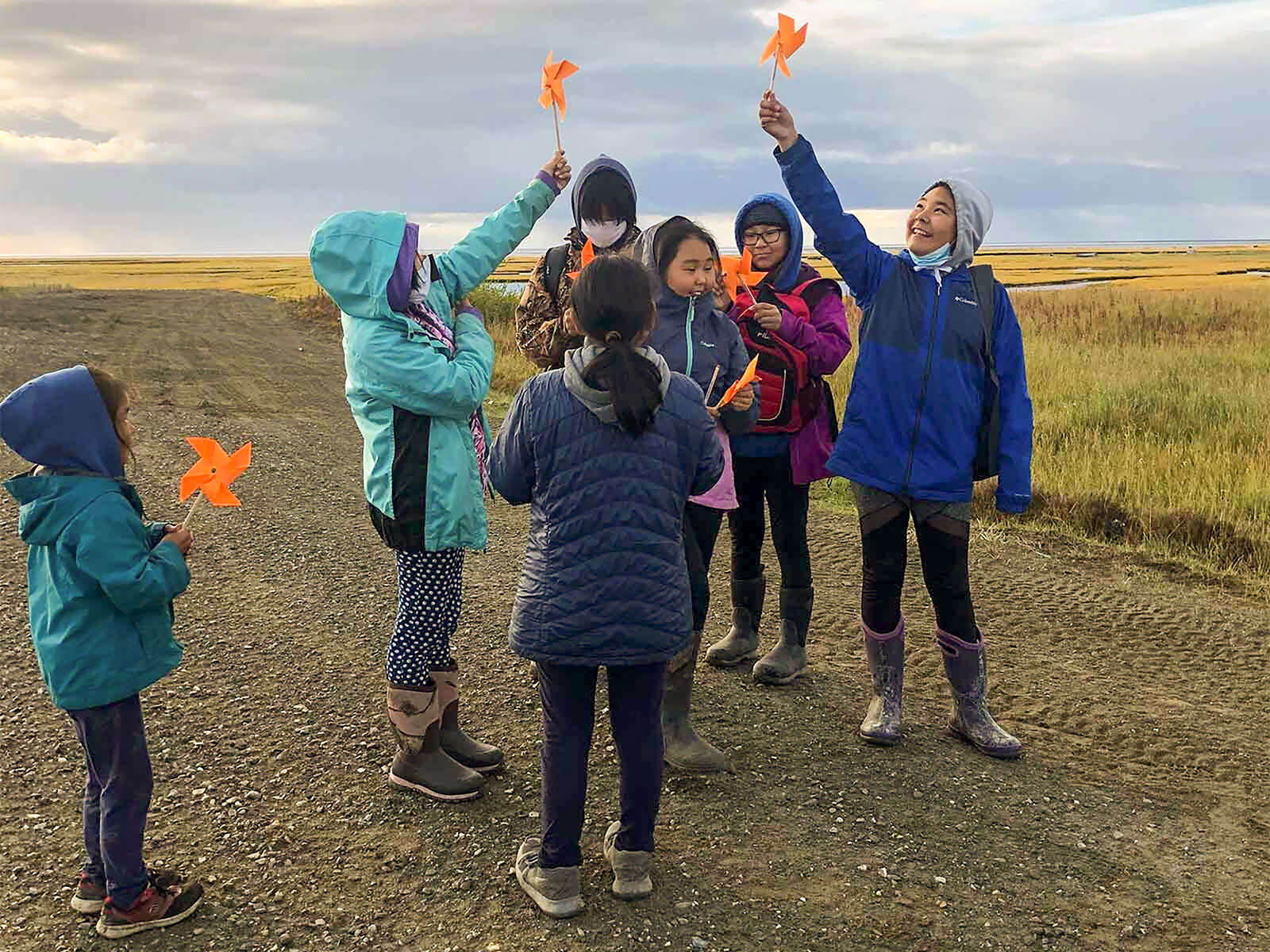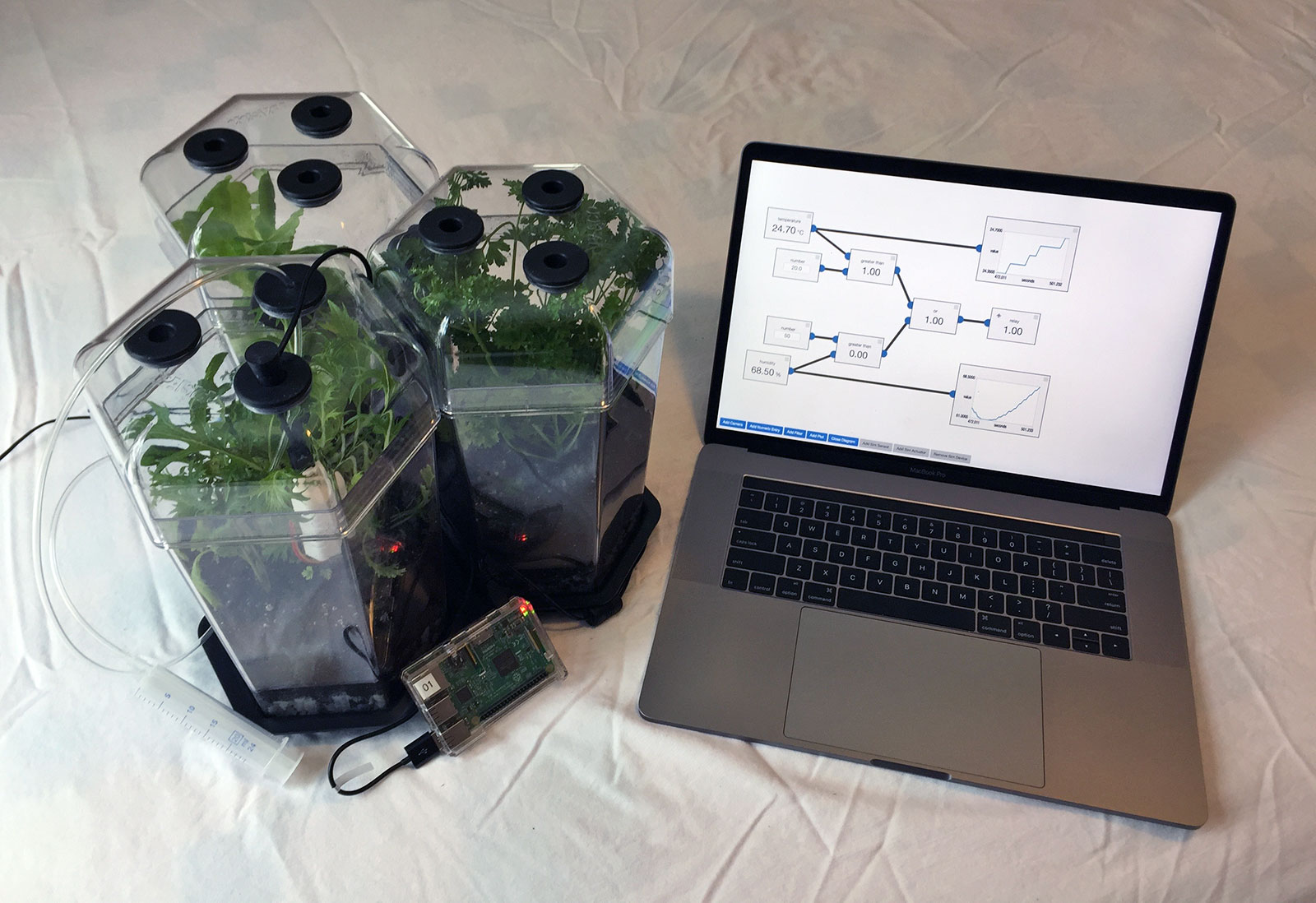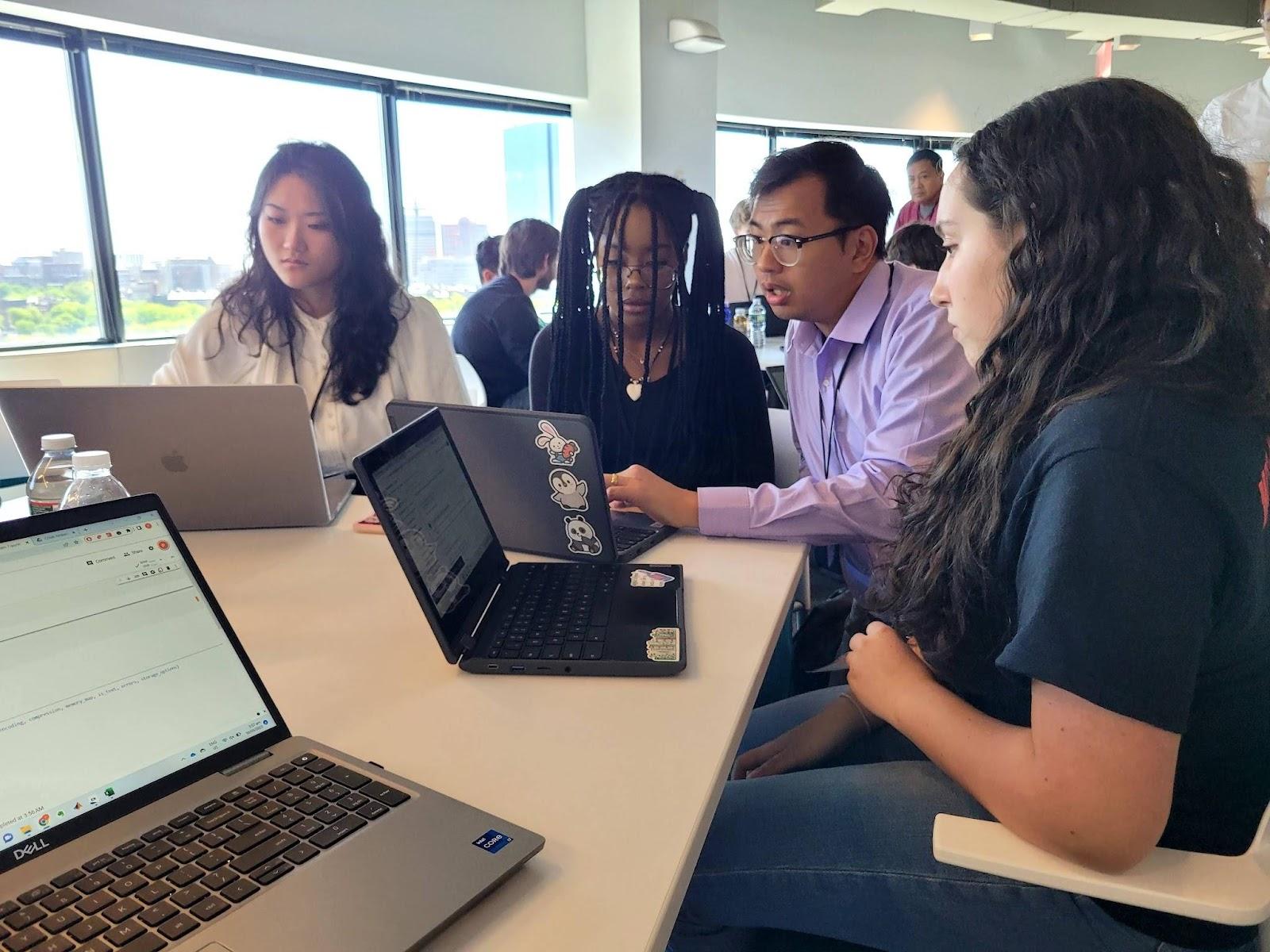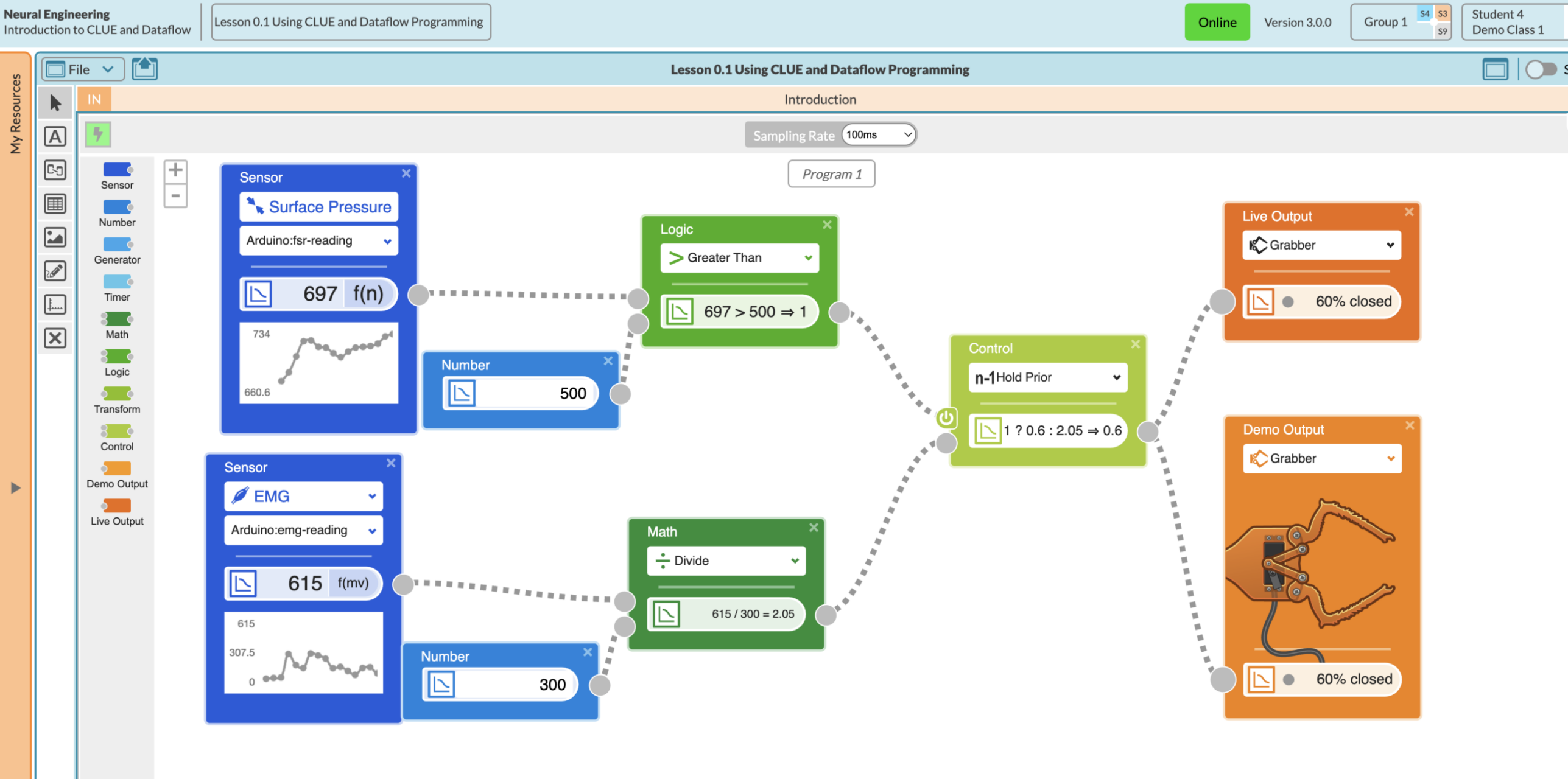MothEd
Importance
There are few opportunities for learners in elementary or middle school to engage in scientific processes or to conduct their own investigations. Teachers at these levels have a wide spectrum of content to teach across many subject areas, and are often left with little time to dedicate to science. In addition, there is a dearth of ready-to-implement science-focused curricular materials that give learners agency while participating in science practices.
Children rarely have any authority in classrooms to influence the social dynamics of science. Identifying problems to investigate, framing questions about phenomena, and making decisions on why and how to collect data, what constitutes evidence, and which learners are considered knowledgeable all affect how science is done and who is benefitting. To overcome these challenges, educators need materials and pedagogical approaches they can readily adopt and use to facilitate authentic science in their classes.
The MothEd project is designing, implementing, and testing technology-enhanced curricular materials and educator supports that give elementary and middle school learners agency in decision-making while they explore the ecology of local moths, including their role as nighttime pollinators and their important place in the food web.
In collaboration with Michigan State University, our goal is to explore and understand classroom processes and dynamics that lead to learners having authority in making decisions about the science they are doing and how it is done.
Research
Project research will examine how learning is impacted by the active roles learners acquire, how teachers change their pedagogy and support structures to facilitate a learner agency model of science learning, and how learner agency affects the nature of scientific discoveries children are able to make. We focus on the following questions:
- How does learners’ shifting epistemic agency shape the opportunities they encounter as they take up an active role in co-configuring scientific research?
- How do teachers’ roles shift over time as they plan and facilitate opportunities for learners to be positioned with, to perceive that they could act, and to act with epistemic agency?
Publications
- Haavind, S., & Reichsman, F. (2024). Capturing moths and studying data science. @Concord, 28(1), 10–11.
- Bacal, J. (2023). Under the hood: Datacard deck. @Concord, 27(2), 14.
